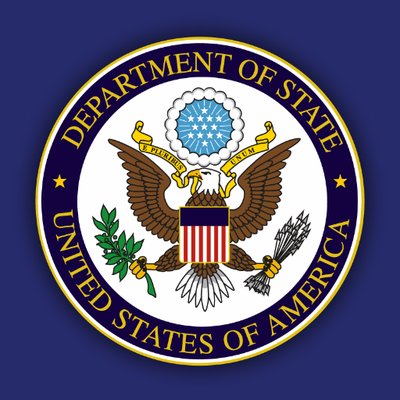The US National Aeronautics and Space Administration (NASA) is scheduled to hold a meeting on exoplanet–hunting Kepler space telescope program at the Ames Research Center in California. Several prominent US and European scientists in exoplanet research have decided to boycott the meeting after learning a few Chinese researchers are barred from attending by NASA, which cited national security as its reason. In their view, the meeting is about planets located trillions of miles away with no national security implications and restricting those who can attend by nationality goes against years of practice, and is going back to Cold War conferences of Soviet and Western physicists. US and European scientists are right in their strong opposition to the unreasonable discrimination against Chinese researchers and they deserve full understanding and support. Naturally, people would ask why such an unfortunate incident has happened and what can be done to prevent it from taking place again in the future. The answer may be simple and also complicated, and obviously it is the fault of a few US politicians with Cold War mentality.
People all well remember that less than a year after President Obama took office at the White House, he made a state visit to China upon invitation in November 2009. In the Joint Statement of China and the US dated November 17th, 2009, the following words come to the attention of many observers, “Both sides expect that on the principle of transparency, reciprocity and mutual benefit, discussions on space science cooperation are to be strengthened and dialogues in the area of manned space flight and space exploration to be initiated. Both sides welcome US NASA administrator and relevant official of China exchange visits in 2010.” To the surprise of the Chinese and American peoples, the plan, which is good for both China and the US, and also for the whole world, met with strong unaccountable opposition by a few US Congressmen. They tried by every possible means to make NASA Administrator Bolden’s visit to China very difficult, and even abused their legislative power and power on reviewing and approving the federal government’s budget to strictly restrict or virtually halt all Sino-US space science exchange and cooperation of any kind.
They, by their rich legislative experience and playing politics, successfully inserted Sec. 539 into the Consolidated and Further Continuing Appropriations Act, 2012, which prohibit funds of NASA and the Office of Science and Technology Policy (OSTP) from being used for any bilateral exchange and cooperation with China or any Chinese-owned company. They also did all they could to make things difficult for NASA and OSTP to use the funds for activities of cooperation with China or Chinese-owned company by stipulating that such activities be specifically authorized by a new law, and that NASA and OSTP certify such activities pose no risk of resulting in the transfer of technology, data or other information with national security or economic security implications to China or a Chinese-owned company, and that any certification be submitted to the Committee on Appropriations of the House of Representatives and the Senate no later than 14 days prior to the activity in question and include a description of the purpose of the activity, its major participants, and its location and timing. They went so far as to prohibit any funds of NASA from being used for effectuating the hosting of official Chinese visitors at facilities belonging to or utilized by NASA.
The few US politicians’ obstinate prohibition of Sino-US space science exchange and cooperation has caused strong dissatisfaction and condemnation by many US scientists, as it harms the common interests of both China and the US. Some US and European scientists’ boycott of the November Ames meeting is just one of the examples.
After Congressman Wolf (R-VA), under strong public pressure from US and European scientists, offered his explanation of Sec. 539, saying that the Act does not restrict activities involving individual Chinese citizens unless they serve as official representatives of China, NASA managed to reconsider and review Chinese scientists’ applications to the Ames meeting. As the Ames meeting is not a bilateral event between China and the US, a few Chinese scientists, who are not employed by China or a Chinese-owned company, may be allowed to attend the meeting. This absolutely does not mean any slight change in the set policy by the few US politicians. The course of developments surrounding the participants’ qualification for the Ames meeting seems to make people believe that US policy regarding Sino-US space science exchange and cooperation is mysteriously manipulated by Congressman Wolf.
As the current unreasonable restriction of Sino-US space science exchange and cooperation goes on, more damage will be done to the common interests of both China and the US. It is high time for China and the US to seriously review and discuss issues concerning China raised by the Consolidated and Further Continuing Appropriations Act, 2012. To help make the review and discussion a success, the few US politicians should get rid of Cold War mentality, objectively look at possible Sino-US space science exchange and cooperation in the future.
Wu Zurong is a research fellow at the China Foundation for International Studies.



